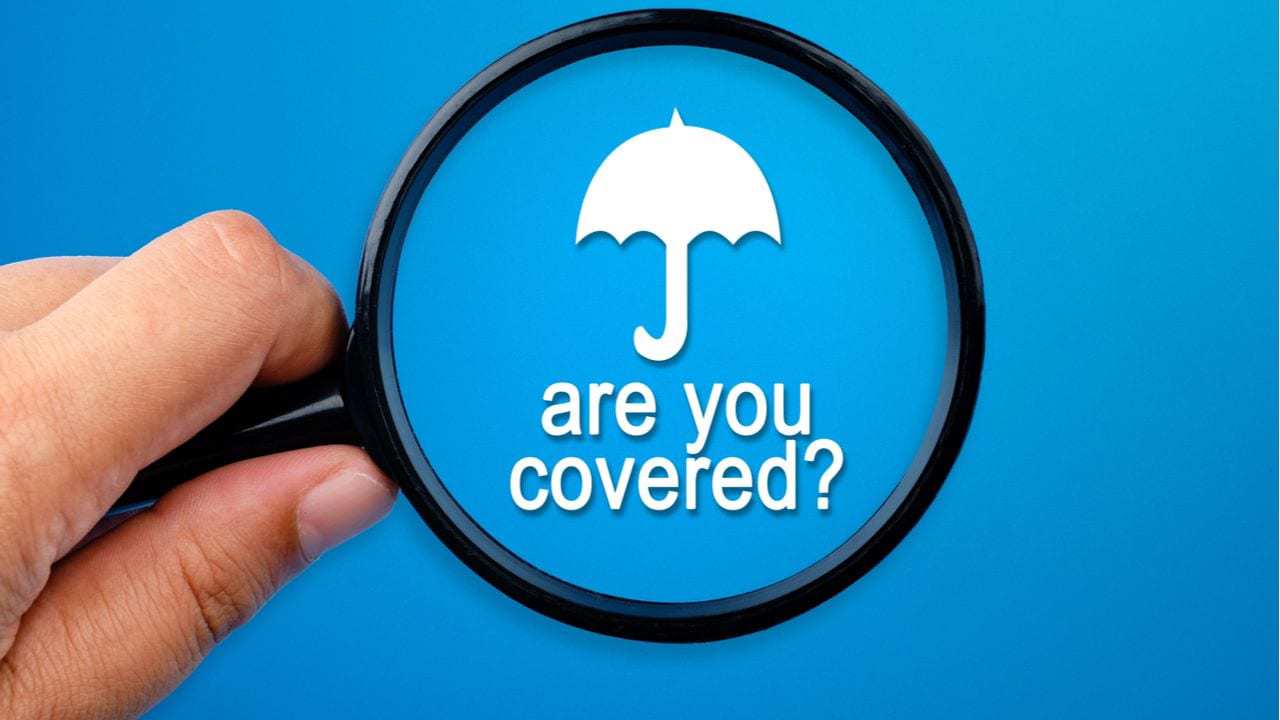
Take cover
Arranging or amending you insurance cover is generally one of those tedious box-ticking exercises that you like to know has been done and can be automatically renewed forgotten. However, if you are venturing into the world of running your own bed & breakfast operation for the first time, even if you are already running some kind of business on the premises, you should not assume that your existing insurance will cover you in your expanded business.
A standard household policy simply isn’t suitable for covering the contents of a B&B or inn. Former CEO of the British Insurance Brokers Association Mike Williams tells Luxury Bed & Breakfast magazine: “Buying a household insurance policy and then turning to the insurer and alerting them to the fact you are running the property as a B&B would cause the insurer either to throw his hands up with horror and say, ‘sorry, we don’t insure these things,’ or at the very least they won’t be able to provide the breadth of cover that you probably require.”
Many B&Bs – especially those at the luxury end – may have a wine cellar, a bar and at the very least a few bottles of valuable vintage wine, he says, and accommodating such quirks are a number of specialists in the insurance market offering guest house and BB&B insurance faculties.
Williams says: “I recently helped the owner of a B&B in Allendale, Northumberland to arrange cover with insurer Allianz, which owns a number of brokers who specialise in the licensed trade, B&Bs and small hotels, and they offered a tailor-made package. In my opinion the covers provided in this case are not that expensive in comparison with a policy for a sizeable household that would cost a lot to rebuild. I think it is very good quality and excellent value.”
He says this is not necessarily down to the fact that B&B owners are more likely to look after their property, although he agrees luxury B&Bs are more likely to have the level of their insurance premium rated on this assumption. “You can’t afford to have a shabby and poorly-maintained property if you are going to run a hospitality business,” he says.
He adds: “The specialist products I have encountered in the B&B market have been very reasonably priced and very easy to administer.”
Although it’s not technically a legal requirement to tell them, your insurance policy will be invalidated if you have to claim for storm damage for instance and the insurance company discovers that you have been running a B&B without having informed them.
If you are converting your property into a B&B, not only should you let your insurance company know of this change in writing, but you should also inform the insurer of whatever changes you have made to the property to accommodate the new business, the number of guests you will be catering for, and what meals and other facilities you will be providing for them.
The insurer will also need to know if you intend to open your restaurant or dining room to the general public or not, and whether you will be licensed to serve alcohol.
Public liability insurance may or may not be included in your new insurance. You will need to make sure that you have this to cover you against any claims from guests or other members of the public. This will cover, for example, a fall in the accommodation area where you can be shown to be negligent, perhaps a loose flooring tile or a banister that comes off a wall. The insurance will cover the cost of defending yourself, if you feel you were not negligent, and the damages if a court decides you are.
Make sure you regularly assess the amounts that you are covered for. With buildings and contents, for example, make sure you update every year to allow for any rise in value of the property, furniture and fittings. If your policy doesn’t provide accommodation for you if you are flooded out or suffer fire damage, make sure the amount you are covered for is enough to compensate for that.
Regularly review other amounts that you may be liable for, guests’ possessions, loss of business as a result of damage to the property, any cash you might keep in the property or anything else that could be lost, stolen or damaged.
It is important for you not to overlook your own insurance requirements. If you have given up more traditional employment to set up and run your B&B business then you will need to consider insurance for accident and injury or sickness. If for example you are unable to work and have to close the business, even temporarily, you will need to replace that lost income.
